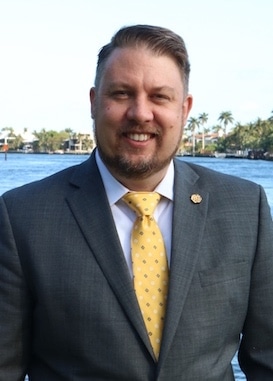As featured in The Island Packet
In the third grade I was an astronomy fanatic. I loved looking at constellations in the sky, drawing pictures of them and imagining that I would one day travel into space. It was the closest thing possible in my childhood mind to practically living out Star Wars.
I also remember clearly the morning when my third grade teacher told me that the universe, as far as we know, goes on indefinitely. I was so mind-blown by the concept that I skipped recess. My teacher, kindly stayed with me recognizing my shock. She tried to resolve my curious questions but was forthright when she didn’t know an answer.
During that same time, in the 1980’s, famed astronomer, astrophysicist, and cosmologist Carl Sagan’s thirteen part series Cosmos: A Personal Voyage was the most watched series in the history of American television. Sagan, like my grade school teacher, was one who was fairly quick to admit what he didn’t know. He was a scientist and when it came to God, he confessed that he hadn’t yet seen evidence to convince him of the proof or disproof of God.
Some thirty-four years later Sagan’s widow, Ann Druyan, and Family Guy creator Seth MacFarlane have produced a sequel series, Cosmos: A Spacetime Odyssey. This series’ astrophysicist host, Neil deGrassee Tyson, has roughly maintained the spirit of Sagan’s scientific rationality in his personal remarks towards religion. Yet, it seems fairly obvious that its producers have other motivations.
Both MacFarlane and Druyan are outspoken “atheists”, in the original sense of the word. It’s not that they don’t have little “g” gods of their own (we all do), but they intently choose to show their contempt and rejection of the gods/God worshiped by the majority of human cultures. Unfortunately, already in the first two episodes of the sequel, this production bias has shown through without much consideration for sociological or historical accuracy.
Take for instance the show’s failed depiction of theologian Giordano Bruno. The totality of Bruno’s brilliant, yet complex and problem filled life was reduced to a mere cartoon about intellectual freedom in the series. Additionally, the show simultaneously summarized all of the cultural nuances of the Christian Italian life of the late 1500’s and early 1600’s down to one particular theological stance which today is seen by the church universal as heretical.
Like much of the blossoming astronomy of the time, most of world’s religions, Christianity in particular, have reformed many of their theological positions as a result of newly discovered and experiential evidence. Unfortunately, for viewers of the new Cosmos series, we are also confronted with the reality that the same claims for intellectual authority and control that existed in 16th and 17th centuries, which were so blatantly critiqued by the show, are still alive and well in its production. As a result the series has missed the opportunity to emulate and inculcate the kind and open-minded spirit of Sagan (and excellent grade school teachers everywhere).
Still, what the current Cosmos series does clearly show us is that the biases of interpretation of our existence matter in our conceptualization of it. As a result, we might consider the possibility that it behooves humanity to maintaining a certain level of humility concerning what we believe we know in terms of both science and religion. Because, if we subjugate the splendor and awe of our existence in exchange for intellectual bullying and control, we subject ourselves to the possibility of missing out on a joyous reality that may prove to invigorate us far more than we could have ever previously imagined.





























